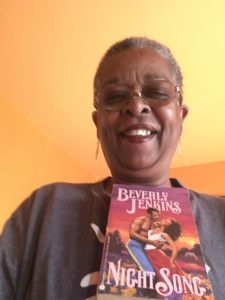
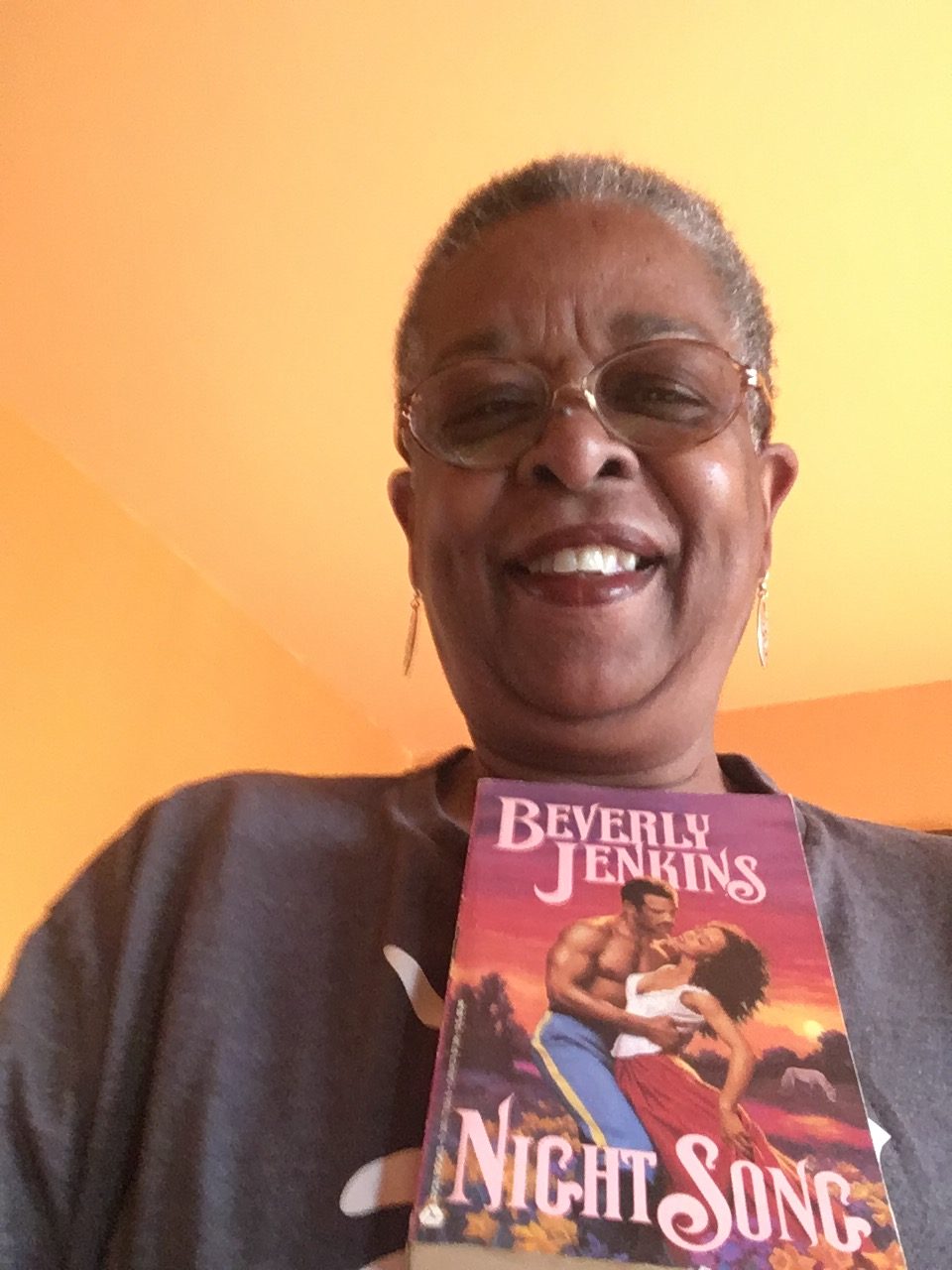
RITA ® Award-Winning Author of Fantasy Romance


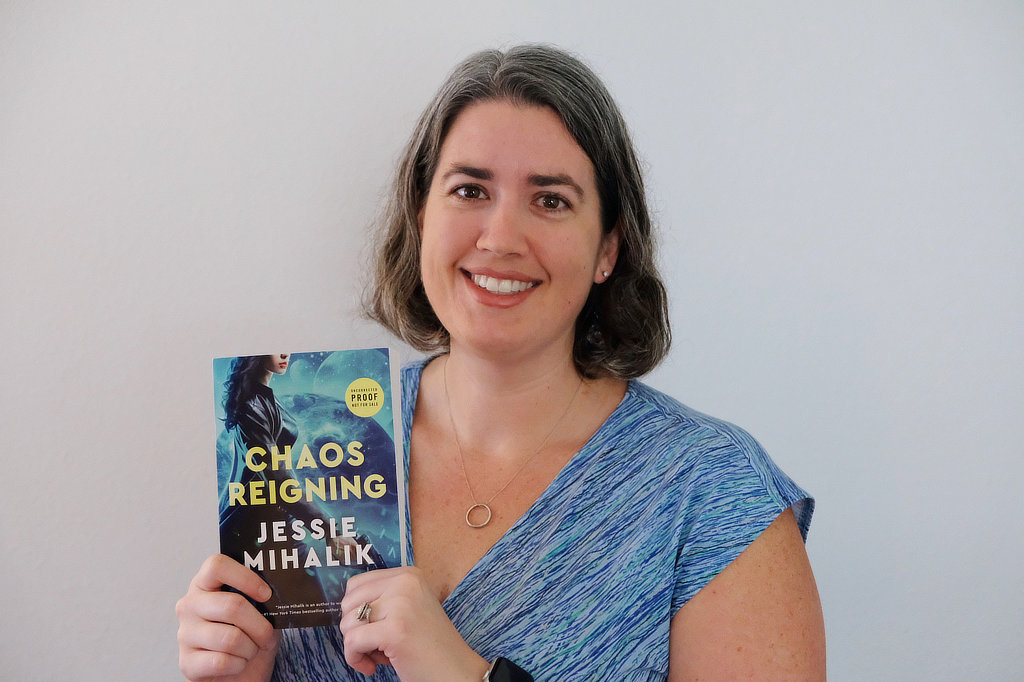
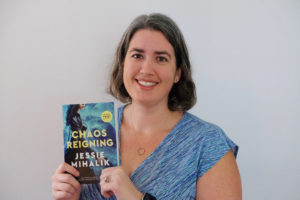
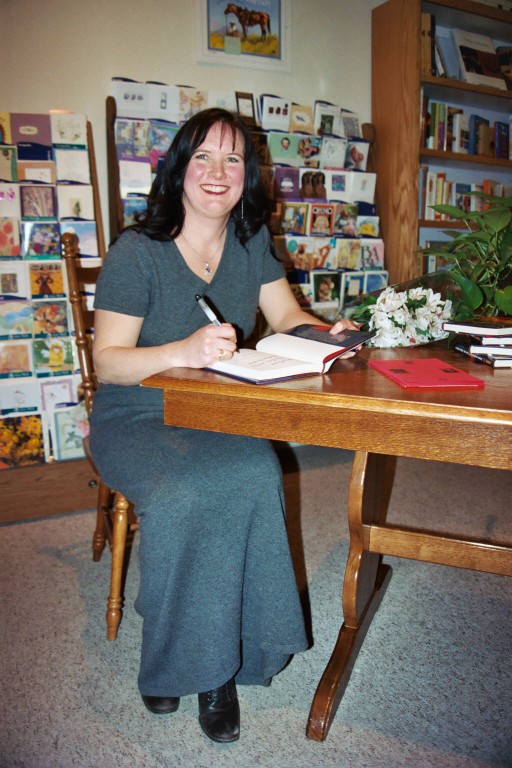
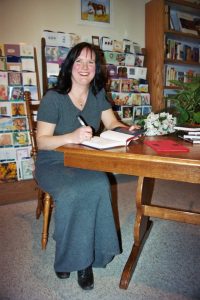 Our topic at the SFF Seven this week is “If I could go back to my Debut Year…” You can tell I didn’t suggest this one because I don’t believe in the “Debut Year.”
Our topic at the SFF Seven this week is “If I could go back to my Debut Year…” You can tell I didn’t suggest this one because I don’t believe in the “Debut Year.”
See, the “Debut Year” is a bit of magical, sparkle-pony mythology of Author Land. Come on over to find out more.
 Lunch with, Joyce, the winner of the Brenda Novak Auction prize that Carolyn Crane and I sponsored. We took her out to lunch at the RWA convention and gave her all the best advice we could come up with on planning the next stages of her career. It was very fun and we wish her well!
Lunch with, Joyce, the winner of the Brenda Novak Auction prize that Carolyn Crane and I sponsored. We took her out to lunch at the RWA convention and gave her all the best advice we could come up with on planning the next stages of her career. It was very fun and we wish her well!
A theme that came up for me over and over at this convention was looking at the long-term career. It seemed we heard a lot of stories about writers who’d lasted through the ups and downs of the industry – and those who hadn’t. One gal I met had written for Kensington – my same publisher – back in the 1990s. She wrote nine books for them, in fact, then was dropped during one of the downturns. Her husband also divorced her at the same time. By the time she sorted out her life, she discovered her writing career had tanked without her noticing.
Quite the cautionary tale.
Oh, sure, you can make judgments here. Having an agent would have helped. She likely missed signals, should have been paying better attention, but the fact remains that she “made it.” She had nine books with a very good publisher. And POOF. Gone.
During the same conference, I attended one of my favorite workshops, The Secrets of the Bestselling Sisterhood, put on by long-time career pals and friends, Jayne Ann Krentz and Susan Elizabeth Phillips. They often put their long careers in terms of their longevity when so many other very good writers have not survived. From their discussion, I tweeted:
 I’m over at Word Whores this gorgeous Sunday, telling the story about the moment I decided to be a career writer.
I’m over at Word Whores this gorgeous Sunday, telling the story about the moment I decided to be a career writer.
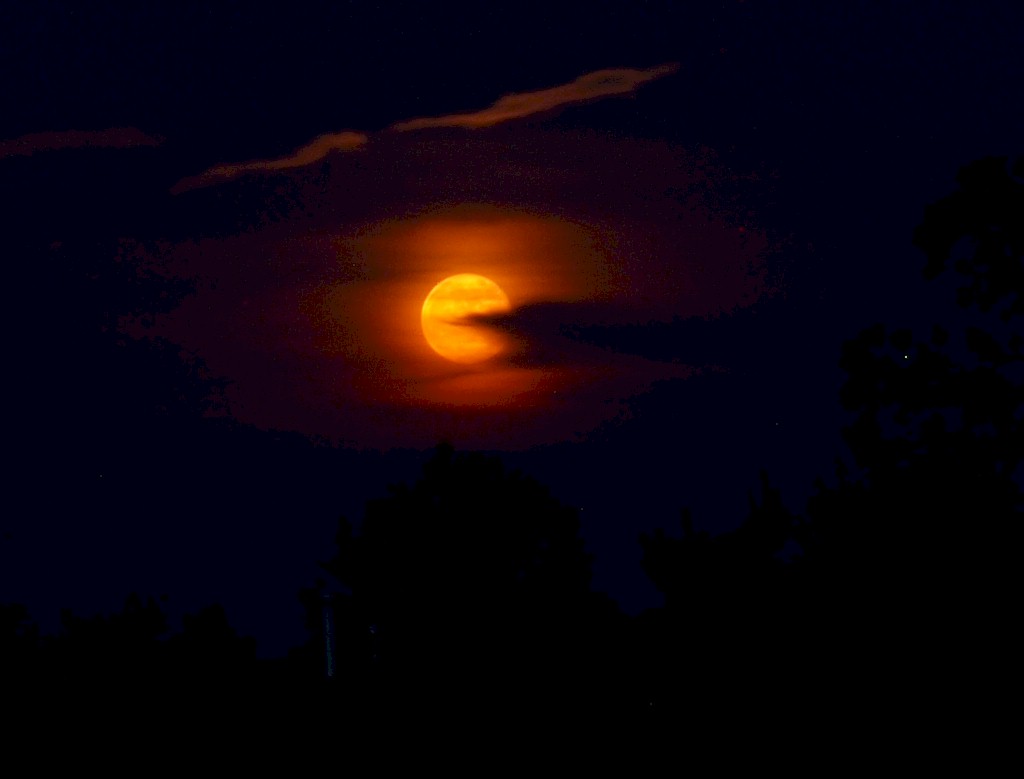
Amazing, witchy moon last night.
I’m guest-posting over at B.E. Sanderson’s Unpublished Writer’s Guide today. She asked me to explain how I overcame bumps in the road to publication and it’s a pretty interesting story, I think.
 I spent the last few days on “writers retreat” with my critique partners Laura Bickle and Marcella Burnard. Laura treated us to a cabin in the Hocking Hills and took us on her favorite hikes to these amazing nooks and grottoes. It was so lovely. There’s something about all that pure water springing through rock crevices that’s magical, too. It felt purifying and inspiring.
I spent the last few days on “writers retreat” with my critique partners Laura Bickle and Marcella Burnard. Laura treated us to a cabin in the Hocking Hills and took us on her favorite hikes to these amazing nooks and grottoes. It was so lovely. There’s something about all that pure water springing through rock crevices that’s magical, too. It felt purifying and inspiring.
The reason I put “writers retreat” in quotation marks is because we are all writers and we did retreat – no cell service or internet – we didn’t actually write all that much.
We talked about it. A lot.
And normally I’m a proponent of the “don’t talk about it, just do it” school of Getting Your Writing Done, but this was a chance for us to hash out all our Thoughts on career, peers and gossip. It was more like a corporate retreat. What have we done and where are we going?
My favorite moment: when Laura referred to my career “strategy.” Yeah. Like I planned this.
Among our topics of gossip were the inevitable rehashes of the various colleagues who’ve flamed out for various reasons. The ones who inexplicably posted highly inadvisable rants to blogs. The ones who burned bridges with publishing houses for no apparently better reason than because they had a barrel of lighter fluid handy. The neurotic divas who threw fits in bookstores or at conventions. Talking about the Great Cautionary Tales is fun, especially while drinking wine in the hot tub while fireflies dart about, but it’s also useful. There’s an unfortunate tendency for writers to be nutbags. Almost like it goes with the job. But I just don’t believe that has to be the case.
Extract the lesson from these tales, please.
That’s often what stories do – they illustrate lessons for us. Often the message speaks to a deeper part of ourselves. In fact, the best stories work that way.
In thinking about the whole concept of “I’m an artist and therefore neurotic” concept, I started thinking about the hero’s journey. There’s the classic tale of journeying to another world to bring back the prize. This “other” place – the underworld, dreamworld, faerie, what have you – is equivalent to the subconscious. Wherever we believe our stories come from, it feels like a journey to get them. We metaphorically travel to this other landscape – not the world of traffic lights and alarm clocks – to connect to the creative principle.
(You can call it the muse or the subconscious or the Great Storyteller or whatever – I don’t think it matters.)
In the stories, the dreamworld follows different rules, but the hero who survives, who triumphs, is the one who is pure of heart. She’s the one who can face herself in the mirror and accept who she truly is. It takes discipline, self-knowledge and brutal clarity to journey to the dreamworld and bring back the prize.
When the hero triumphs, she travels the night-dark sea, returns with the magic elixir, neatly bottled and labeled, turns it into her editor ON TIME and saves the village. Much rejoicing.
The others? They can make it to the dreamworld all right, but return in a shambles. The vial of the elixir she went to obtain is half-full, the hero is drenched with the stuff, the label has fallen off. She’s weeks late and stumbles into the village that burned long ago, wondering what the hell happened.
I explained this idea to Laura and she nodded sagely. “This,” she said, “is why Douglas Adams said the most important tool is a towel. We need the towel to soak up all that extra subconscious water, so we don’t drown in it.”
Very wise, my writer friend.
She’s right. We balance our creative journeys with practicality. Being neurotic or crazy or an unbalanced diva is never okay. Yes – journey to the dreamworld. But keep your objectives in mind. Bottle the elixir, wipe off the bottle and get back to the village in time.
Be your own hero.
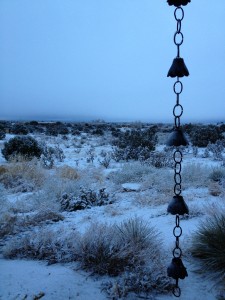 Dealing with blog post tags is an ongoing part of my life.
Dealing with blog post tags is an ongoing part of my life.
I know, I know – it doesn’t count as an actual problem. Still, the labels I choose to index the various things I’m writing and talking about, provide a certain insight into how I see things at different points in my life.
See, the thing about blog post tags is that I don’t have a good system for assigning them. I’ve tried a few things, but it’s still a semi-random and more-than-a-little subjective. WordPress will suggest labels from my existing ones as I type them into a box, but it’s kind of like looking a word up in the dictionary – you have to have kind of an idea of how to start it before you can get close. It becomes a problem for me, because I sometimes want to look up an old blog post – something I know I wrote about before – and I have to play this guessing game with myself to figure out how I might have tagged it at the time. I’m right less than half the time.
So when I label current posts, I try to strategize what my future self will think of to look it up under. This means I’m playing this eternal guessing game with my past and future selves, which probably does not speak well for my long-term sanity.
I have this fantasy, you see, that I would be incredibly organized and *always* tag the same concept with the same tags. This would make the scientist in me happy.
However, I’ve recently realized part of the problem: concepts for me drift over time. They don’t get the same tags because I don’t think of them in the same way.
I noticed this on Tuesday, when I tagged my post on How Having Your Book Rejected Makes You a Better Person with the label “Writer’s Life.” Because that is absolutely a topic that is core to living the life of a writer to me. I talked about how my friend is dealing with disappointment in her writing career and compared it to recovering from heartbreak and becoming a stronger person because of it. Yes, “Writer’s Life” is the perfect tag for that.
It struck me then that this not how I used to think of “Writer’s Life.” I started writing in a more academic and literary environment and discussions about “writer’s life” were much more about art and philosophy and mindfulness. A lot of it can be encapsulated by the critical praise for Annie Dillard’s “The Writing Life.” (Yes, I have that book on my shelf.)
A kind of spiritual Strunk & White, a small and brilliant guidebook to the landscape of a writer’s task.
…a glimpse into the trials and satisfactions of a life spent with words.
Gracefully and simply told, these little stories illuminate the writing life…
Anyone hoping to see inside the process of literary artistry is unlikely to find a more lucid, sensitive or poetic view.
…as slim and potent as the Tao Te Ching, that ancient Chinese manual on the art of living…
And so on.
This is how I used to view this concept – probably heavily informed by this book. I look back to when I began my blogging life over at lovepowerandfairytaleendings.blogspot.com, where I used the “Writers Life” tag 102 times in the two-year, eight-month life of that blog, making it my most frequently used tag. I look back at those early posts and see I did a lot of angsting over things like selling out and balancing writing projects and order vs. chaos (I linked to it because that one is kind of amusing).
At any rate – I can see how I’ve changed in my understanding of the Writer’s Life. I moved from thinking about my writing process to recognizing how my day job had made me a better writer and what the corporate environment had taught me about dealing with personnel issues.
I think this is a natural progression: as we become professional writers, our lives become less about the philosophy and more about the reality.
And that’s a good thing.
Now to select some tags for this besides “Writers Life.”